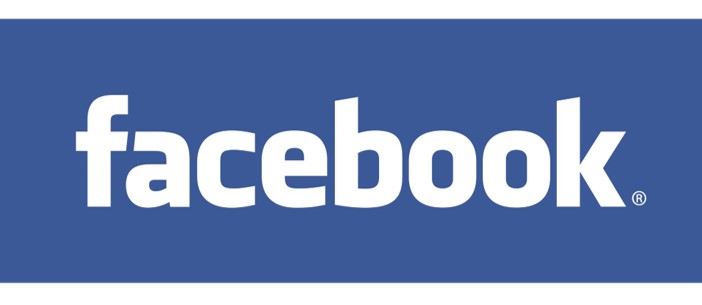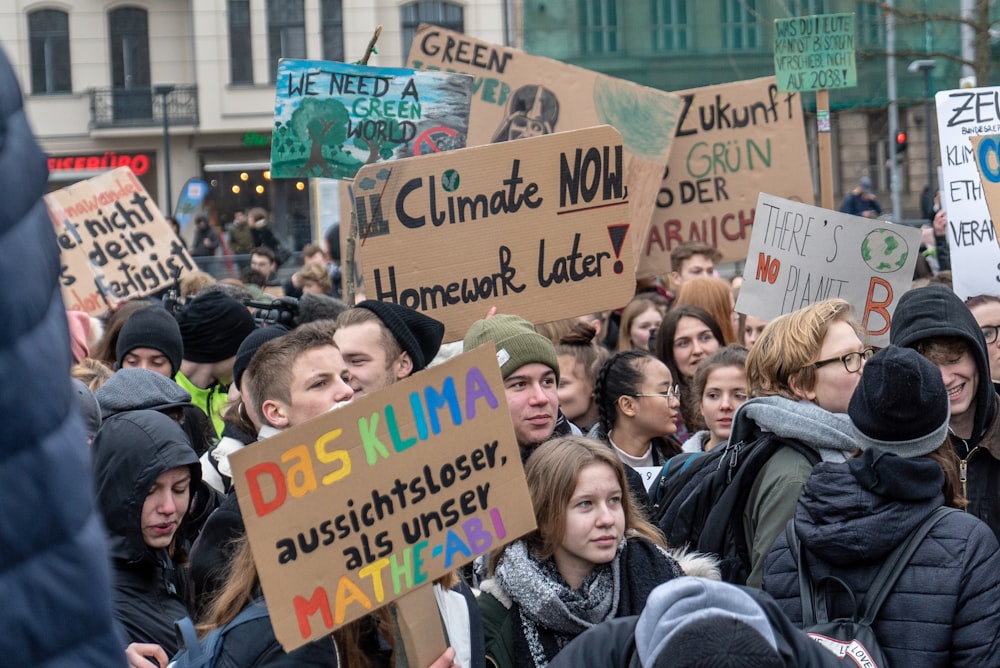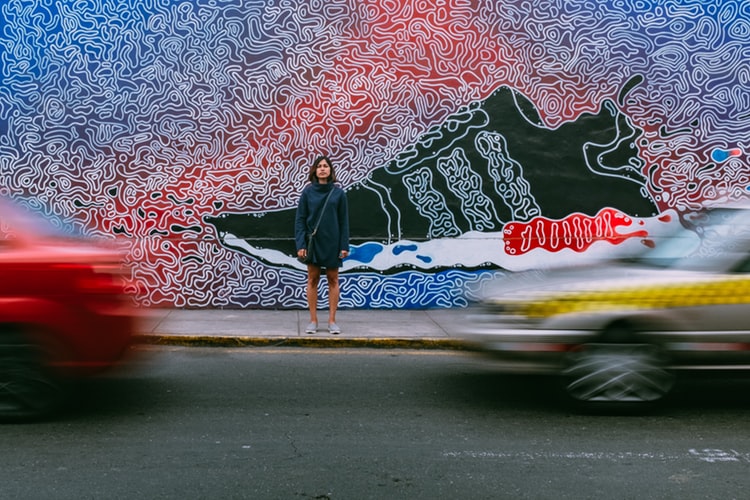A lecture at the SAP Open House on the SDGss
What does this cute kitten have to do with corporate responsibility?
Besides the fact that Cat Content attracts attention, this image symbolises something else entirely. We'll come back to that in a moment.
"Why responsible is no longer enough from a social perspective and how it pays for companies to think beyond that"
In this essay, which is based on a lecture, we want to look at what can change in the way we deal with responsibility and what options companies have to deal with this.
Back to the kitten
Every time we look at a cute cat picture on facebook, instagram or other social media, someone has uploaded it. But there's an important step in this process that we don't even realise is happening.
All images are filtered for sexual or violent content. (Link)
Algorithms are getting better and better at this, but for the most part it is still done by people. In practical terms, this means that in the Philippines, for example, hundreds of people sit in front of screens all day, probably including children, and have around one second per image or video to decide whether it is violent or sexual. This also means that these people get a concentrated load of sexual and violent content. Every day, every hour, every minute, perhaps more often. We can imagine what it does to people to see executions and hard pornography every day.
But WE don't see that. We see a cute little cat picture.
The larger picture
This is just one of thousands of examples where our consumption has an impact that we often don't even realise. In other words, responsible consumption according to our values is made damn difficult for us.
A thought experiment on responsibility in companies
Let's imagine that facebook ensures that these content moderators NO LONGER HAVE TO Suffer as a result of their actions. In other words, they would (at least in this respect) no longer cause any harm. And let's also assume that facebook would no longer cause any ecological or social harm at all.
Would that make them great? Would they be a model company?
It would probably be portrayed as such and facebook would boast of being a hero.
I would like us to ask whether that would be justified.
Let's imagine facebook was a human being. Would this person be a hero or a heroine because they obey the law, do not enslave anyone, do not rob anyone of their human dignity?
I think not.
You are not a hero if you do no harm. You are a hero if you face up to problems, improve something relevant, proactively stand up for something and perhaps take a risk for it.
A broad understanding of responsibility in CSR
Our image of heroic companies is messed up. Heroes should stand up for society, for humanity, for the earth. Abiding by the law and a social value system is a minimum requirement and not worth a medal.
But that's what we usually mean by responsibility at the moment.
The common interpretation of responsibility in companies and the economy, e.g. in the term CSR, is to do no harm. The title of the article also refers to this common understanding.
Responsibility can also be interpreted more broadly. Various philosophical schools do this. In practice, however, this happens too little. Let's take a look at what this broader understanding could look like and why we think it is necessary.
Active regeneration. Damage prevention is no longer enough.
Let's take a look at the state of our planet from an ecological perspective.
The Model of the Planetary Boundaries shows the most important resource cycles and systems on earth.
Stockholm Resilience Centre
In the inner ring, it shows how far the respective system can be utilised so that it can constantly regenerate and we as humanity can operate in a "safe operating space".
A few systems are still inside, i.e. in the safe area, so to speak.
For others, we can see that they are outside. This means that we have caused damage that changes the systems to such an extent that the probability of reaching tipping points increases enormously. These tipping points can result in extreme changes to these systems and therefore to our world and make life on the planet really difficult for us.
When we look at this, we see that we are active We need to take action to get back to the area that allows us to live safely.
"This means that it is simply no longer enough to do no damage. On the contrary, we have to actively repair damage and regenerate resources"
Being responsible now means not only not taking anything away, but also giving something back.
And with the Planetary Boundaries, we have only considered the ecological dimensions of our actions, not the social ones.
The zeitgeist plays in favour of greater responsibility in companies
Humanity is realising these facts more and more. We are beginning to understand the consequences of our actions.
That's why people are demonstrating, that's why environmental protection laws are being passed, that's why sustainable companies are performing better and better.
"And this is precisely the opportunity that companies should realise."
If they just don't want to cause any more damage, because otherwise they will be penalised by NGOs and customers, they are running behind developments.
Genuine innovations in favour of sustainability
What Steve Jobs did with the iPhone was to recognise needs and offer solutions that customers wanted but did not yet know about. He didn't listen to what people wanted (bigger music players and better phones), but used his expertise to solve the need in a completely new way.
"It is precisely this understanding of innovation that we need today for sustainable development."
Companies have EXACTLY NOW the chance to do this. To recognise and respond to society's need to solve global problems.
It's about new products, services or business models that solve ecological and social problems. And people are obviously more and more willing to spend money on them. We can see this when we look at the sales volume of organic (Link) and Fairtrade (Link) or the sales figures of sustainably operating companies.
Blue Ocean Strategy: utilising responsibility in companies to achieve success
The idea is this: offer your customers a product that, when they consume or use it, they feel that they are actively doing something good. In this way, companies turn their customers into allies in the fight for the same cause. And for most of them, it automatically means being able to create a completely separate market.
As a tool, we have developed an approach that we call Shared Vision.
Shared Vision in a nutshell
Basically, it's about the great opportunity to create a vision that unites the company, as many employees and customers as possible.
The vision comes from the Company resources itself:
- What global problems are my employees concerned about?
- What might they already be involved in?
- What is important to my customers?
- And what technologies, networks or competences do I have as a company?
This vision gives Employees orientation and creates the common thread that you want to pull together. In this way, an understanding of sustainability is also much better and more tangibly integrated into everyday working life and employees do not always have to think about what they are not allowed to do according to guideline XY.
This vision gives the Corporate management Orientation. In such dynamic environments as today's markets, most strategies soon become obsolete and are unable to cover many new situations prospectively.
And this vision binds my Customers completely different. Ultimately, they don't just buy the products that are so interchangeable these days. They buy the vision, the knowledge and the good feeling of doing something for our planet, the future of our children or other people.
Adidas X Parley simple example that uses corporate responsibility to its advantage
Disclaimer
We do not want to portray Adidas as a role model company in all respects. The one product presented merely illustrates the Shared Vision approach well.
Adidas has realised that large quantities of plastic are floating in the sea and, above all, that significant sections of society, including employees and customers, are angry and want solutions.
Adidas has recognised its own resources and uses its know-how to process plastic. After all, most Adidas shoes are made from it.
In a nutshell, they chartered ships with the NGO Parley, went out to sea and fished out some of the rubbish to make shoes.
The response from customers was overwhelming. By buying the shoes, they are making a small contribution to solving the problem.
In this respect, it was a success for Adidas, the environment and the customers.
Bold innovations for sustainability are now the greatest opportunity
We believe that now is exactly the right time for companies to take responsibility further than before.
We believe that right now, companies have the chance to create something positive in this world, to give themselves a shared vision and, above all, to be successful. Both on the market and as people.
The time is ripe. All we need now is the courage to explore new avenues, find our own sustainability potential and turn it into innovative solutions.

We work with companies on sustainability.
Strategy, controlling and corporate culture for sustainability.
For complex topics such as this, we provide advice, act as a sparring partner or provide impetus. If you would like to find out more about this topic or even tackle it yourself, please write to us:








One comment
Comments are closed.